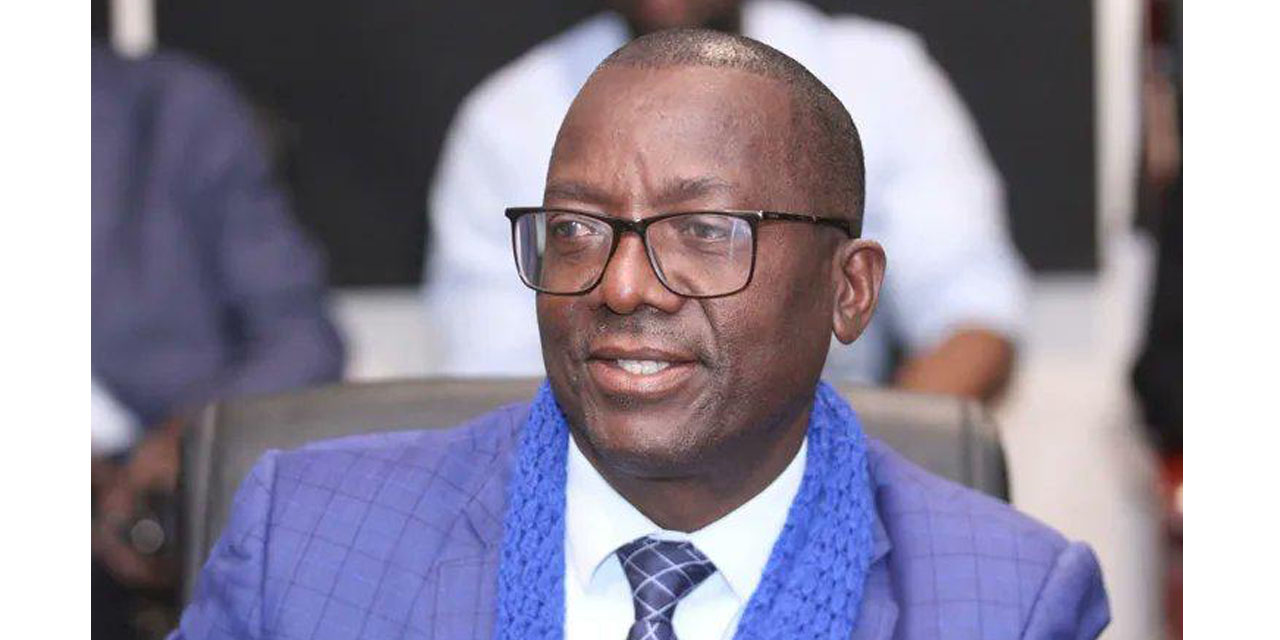Niël Terblanché
Officials from the Ministry of Urban and Rural Development (MURD) regional councils, and various government ministries are meeting in Swakopmund to evaluate progress, share insights, and address challenges in decentralising powers to local authorities.
The minister of urban and rural development (MURD), Erastus Uutoni, during the official opening of the Consultative Decentralisation Forum at Swakopmund on Tuesday, said the event is a step further in the country’s journey to enhance local autonomy and sustainable development in all regions.
“The decentralisation process is key to achieving democratic governance, as it emphasizes subsidiarity and local autonomy. This approach aims not only to enhance service delivery but also to ensure equitable resource distribution and encourage participatory decision-making at the local level,” he said.
Uutoni explained that since the adoption of the Namibian Constitution in 1990, the government has been actively setting up regional and local governments.
He added that the enactment of the Decentralisation Policy of 1997 further emphasised this commitment.
He said the forum is a critical platform for stakeholders, including MURD, regional councils, and various government ministries, to evaluate progress, share insights, and address challenges in decentralising powers to local authorities.
Uutoni said that by transferring decision-making powers and service responsibilities to regional councils and local authorities, the government seeks to empower communities to address their specific needs and aspirations efficiently.
He acknowledged the resolute efforts of ministries such as the Ministry of Education, Arts and Culture, as well as Works and Transport, among others, in supporting the decentralisation agenda.
“These ministries have shown a strong partnership spirit and are conducting periodic assessments to ensure effective decentralization,” he said.
According to Uutoni, challenges in the path towards full implementation, such as capacity constraints at the sub-national level and financial resource limitations, were recognized.
He cited opportunities for innovation and cooperation to overcome challenges.
According to the minister, the government’s determination is further evidenced by a commissioned study under the Harambee Prosperity Plan II, aimed at assessing the national status of decentralisation policy implementation.
The forum also called on all ministries to intensify their efforts in decentralising functions, with health and social services, youth, sport, and national services among those in the final stages of preparation for transferring additional responsibilities to regional councils.
Uutoni encouraged all stakeholders to work together to overcome any obstacles and fully realize the benefits of decentralisation.
He said the ultimate goal is a Namibia where decentralisation is not merely a policy on paper but a lived reality that significantly improves the lives of all its citizens, ensuring equal access to opportunities and quality public services.
The 2024 edition of the forum is convened under the theme: “Towards the full implementation of the Decentralisation Policy in Namibia,” Uutoni




